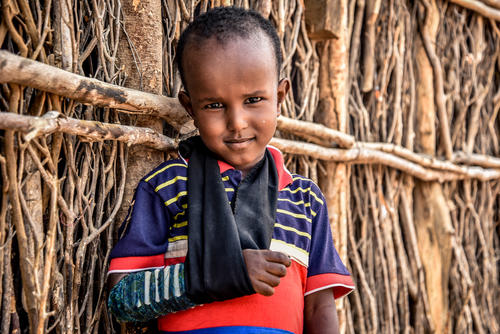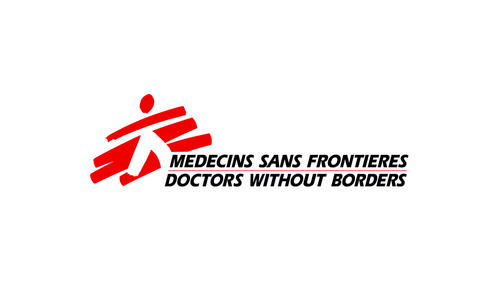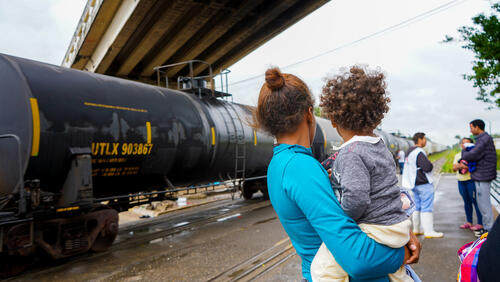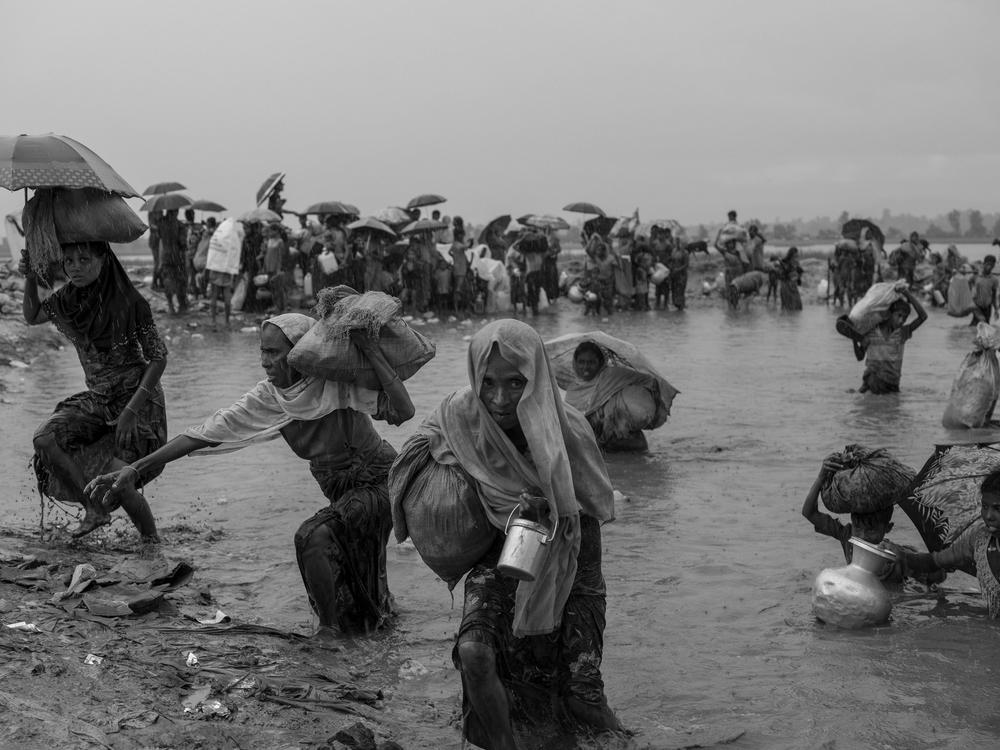Refugees and displaced people
An unprecedented 108.4 million people around the world have been forced from their homes, according to UNHCR.
The reasons vary, but violence and conflict; natural disasters; or extreme weather events can all mean that it is no longer safe to stay where you are.
An estimated 35.3 million of these displaced people are refugees: people who have had to travel to a new country to find safety. Worldwide, over half of all refugees are under the age of 18.
At the same time, millions of people are "stateless", meaning they have been denied nationality and access to basic rights such as education, healthcare, employment and freedom of movement.

Support our work
What is MSF doing to support refugees and IDPs?
MSF works around the world to provide refugees and internally displaced people (IDPs) with the medical care they need, from psychological support to life-saving nutrition.
Our teams conduct rapid needs assessments, establish public health programme priorities, work closely with affected communities, organise and manage health facilities and essential medical supplies, train local workers and coordinate with a complex array of relief organisations.
We treat refugees, migrants and asylum seekers who have been subject to inhumane migration policies. From the Aegean – where we provide care to people who have arrived on the Greek Islands – to the United Kingdom – where we opened a new project for asylum seekers in November – and from the Balkans to Libya, European migration policies have a severe impact on the lives of people seeking safety.
Spotlight: Syrian refugees in Lebanon
Refugees and international law
Refugees are protected under international law.
UNHCR is responsible for ensuring that refugees have the right to seek asylum, to receive assistance – food, shelter, medical care – to protection from violence and to bring about a lasting solution to their situation.
However, some policies are designed to deter refugees from seeking asylum: policies that condone inadequate processing or simply turn refugees away.
As well as providing healthcare and sanitation for refugees, we believe it is equally important to speak out about these policies.
"Humanitarian action is more than simple generosity, simple charity. It aims to build spaces of normalcy in the midst of what is abnormal."
What is an internally displaced person?
While internally displaced people often flee their homes for similar reasons to refugees (armed conflict, human rights violations, natural disasters) technically, they are not refugees. Internally displaced people have not crossed an international border to find refuge and therefore remain legally under the protection of their own government, even though that government can often be the cause of their flight.
Today, there are 62.5 million internally displaced people around the world, according to UNHCR. Around three-quarters are women and children.
Despite international law calling for the protection of civilians in conflict, women and children are often deliberately targeted. The vast majority will not receive the medical care they need because they live in regions where the healthcare system has collapsed and it is too dangerous for independent aid agencies to operate.
MSF works to overcome these challenges to support health facilities and provide emergency aid and health care services to internally displaced people around the world.
Key facts
108.4 million
PEOPLE DISPLACED WORLDWIDE
35.3 million
REFUGEES ACROSS THE GLOBE
Every 2 seconds
A PERSON IS DISPLACED
Refugees and displaced people: News and stories



